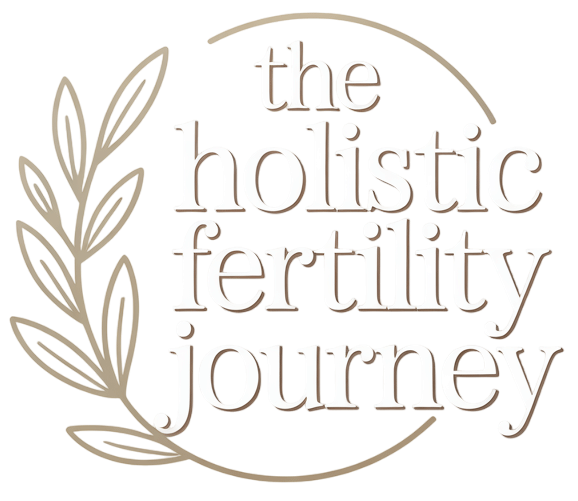The Powerful Role of Nutrients in Fertility
Fertility is beautifully complex. Our reproductive systems respond to a delicate balance of hormones, immune messengers, and nutrients. Here’s how whole foods support that balance at every level:
1. Antioxidants Reduce Oxidative Stress
Oxidative stress occurs when there's an excess of free radicals—unstable molecules that can harm cells, including egg and sperm cells. Whole foods (especially berries, leafy greens, seeds, and nuts) brim with antioxidants like vitamin C, vitamin E, selenium, and polyphenols. According to a 2023 review in Nutrients, higher intake of antioxidant-rich foods has been linked to improved egg quality in women and better semen parameters in men.
2. Stable Blood Sugar and Hormone Harmony
Refined carbohydrates and excess sugar can destabilize blood sugar and insulin levels, disrupting the balance of reproductive hormones such as estrogen, progesterone, and testosterone. Whole grains, legumes, vegetables, and healthy fats help keep blood sugar steady, supporting regular ovulation and overall hormonal health (Harvard T.H. Chan School of Public Health).
3. Essential Fats for Hormones and Cell Health
Not all fats are created equal. Fats from oily fish, flaxseeds, walnuts, and avocados provide essential omega-3 fatty acids, which are building blocks for cell membranes and play a direct role in producing healthy sex hormones. A 2021 study in JAMA Network Open found that women consuming more omega-3s had a higher chance of conception compared to those with lower intake.
4. Key Micronutrients for Fertility
Many vital vitamins and minerals for reproductive health come directly from real, unprocessed food:
- Folate: Crucial for healthy cell division and early fetal development. Lentils, leafy greens, and beans are top sources.
- Iron: Supports ovulation and egg quality. Found in lentils, spinach, pumpkin seeds, and lean red meat.
- Zinc: Supports hormone production and egg/sperm quality. Present in pumpkin seeds, chickpeas, and nuts.
- Selenium: Helps protect eggs and sperm from damage. Brazil nuts, eggs, and fish are excellent natural sources.
According to the CDC, almost half of women of reproductive age in the U.S. do not get enough iron or folate from their diets alone—both of which are essential for conception and healthy pregnancy (CDC, 2021).
